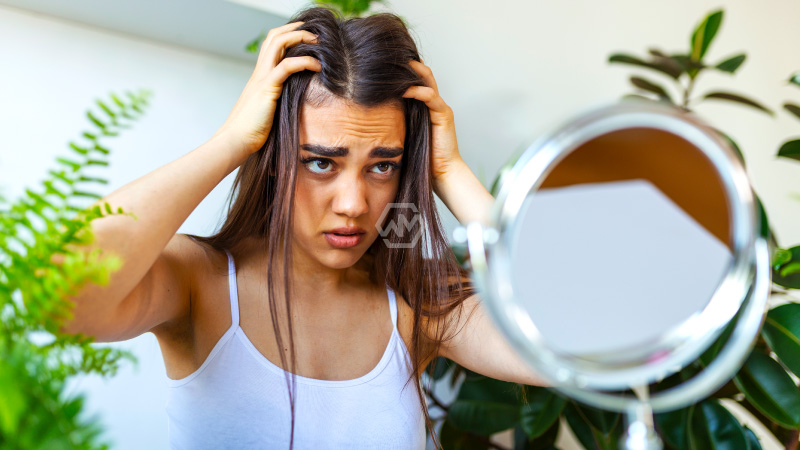- While gray hair is a common sign of aging, some people may get it faster than normal.
- Lifestyle decisions can encourage healthy hair and postpone the beginning of grey hair.
- Tobacco’s dangerous chemicals can injure the melanin-producing cells in hair follicles.
- Lack of sleep is essential for maintaining healthy hair and general well-being.
While gray hair is a common sign of aging, some people may get it faster than normal owing to a mix of hereditary and environmental factors. Lifestyle decisions can encourage healthy hair and postpone the beginning of grey hair.
Quitting smoking, controlling stress, eating a balanced diet, using gentle hair care techniques, and putting sleep first will lower the chance of early greying and keep a mane full of color for longer.
Early greying
Smoking has been linked to several health risks, and studies show that smokers are more likely than non-smokers to get gray hair earlier in life. Tobacco’s dangerous chemicals can injure the melanin-producing cells in hair follicles, resulting in a loss of color and the appearance of grey hair.
Chronic stress can interfere with the natural cycle of hair development, resulting in early greying. Exercise or meditation are effective stress-reduction methods that can lessen this risk.
Premature greying can be attributed to poor nutrition, which includes vitamins B12, D, and E as well as minerals like copper and zinc. A nutritious, well-balanced diet can help keep hair healthy and vibrant.
Hair care habits including overusing heat styling equipment, chemical treatments, and abrasive shampoos can all affect the color of your hair. Choosing gentle hair care products and limiting exposure to heat can help maintain the natural color of hair.
Lack of sleep is essential for maintaining healthy hair and general well-being. Lack of sleep can impede the body’s healing procedures and hasten the aging process.



